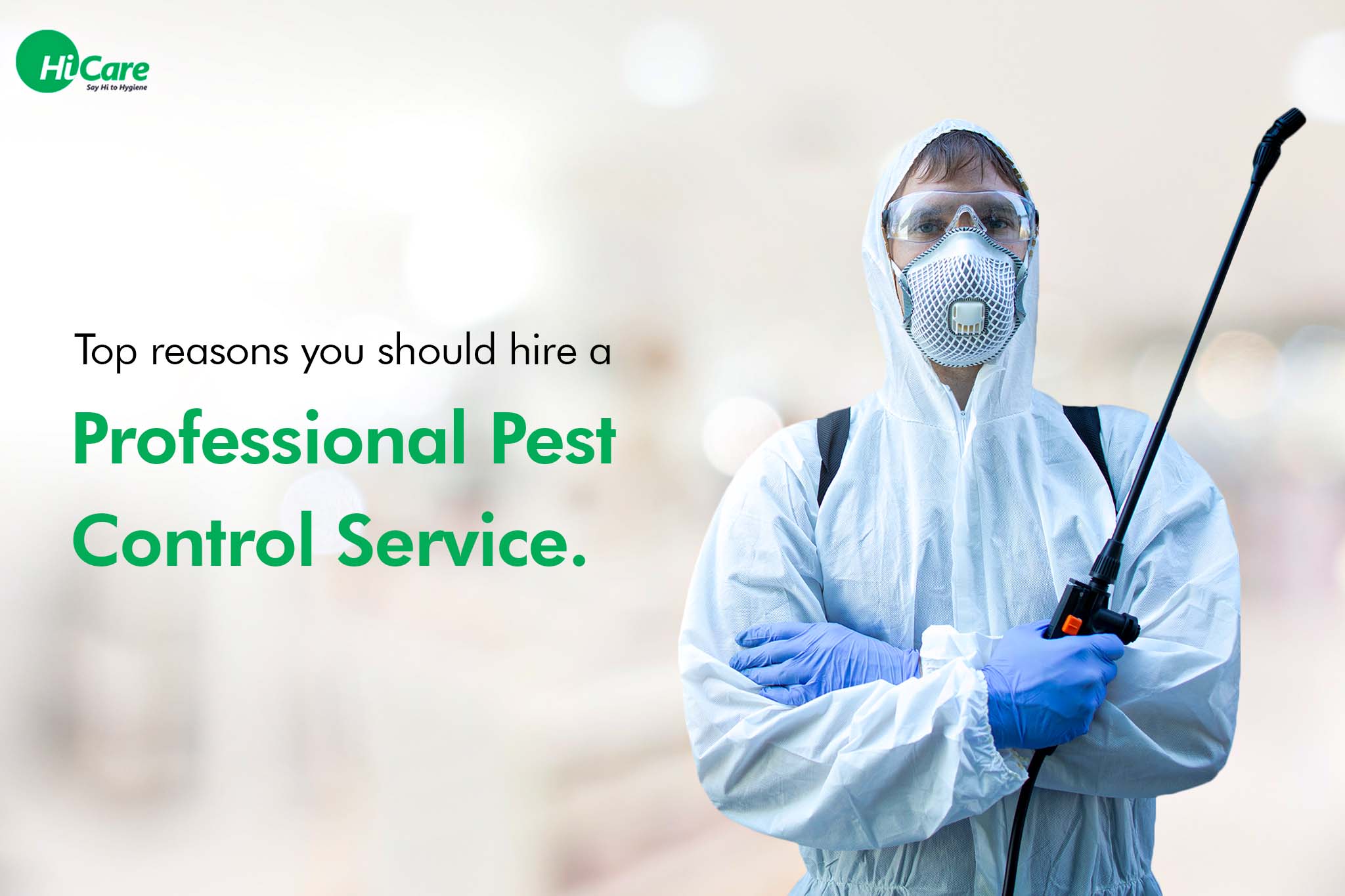A1 Residential Pest Control Portland OR Bed Bugs - Safeguard Your Home
A1 Residential Pest Control Portland OR Bed Bugs - Safeguard Your Home
Blog Article
Effective Insect Control Services: A Comprehensive Check Out Extermination Techniques and Prevention Actions
In the realm of pest control solutions, the effective monitoring of infestations calls for a thorough technique that incorporates different methods and measures for both obliteration and prevention. From Integrated Parasite Administration (IPM) strategies that prioritize sustainable remedies to chemical extermination methods created for targeted removal, the arsenal against parasites is large and diverse.

Integrated Insect Monitoring (IPM) Strategies
Integrated Insect Administration (IPM) Techniques include a thorough approach to pest control that concentrates on tracking, prevention, and control techniques to properly manage parasite populaces. By incorporating various strategies, IPM aims to reduce the impact of pests while additionally lowering the reliance on chemical pesticides. Avoidance lies at the core of IPM, emphasizing techniques like proper cleanliness, upkeep of health, and securing entry factors to hinder parasites from infesting buildings. Tracking plays an important role in IPM by on a regular basis checking and identifying bug degrees to identify the suitable treatment thresholds. Control approaches in IPM prioritize making use of physical, biological, and social approaches before transforming to chemical treatments as a last option. These strategies include presenting natural killers, habitat alteration, and employing capturing devices to keep parasite populations in check. In general, IPM cultivates a eco mindful and lasting strategy to pest monitoring, promoting long-lasting solutions that secure both human health and the community.
Chemical Extermination Methods
Chemical elimination methods are typically utilized in insect control services to effectively eliminate pest populaces that posture a danger to human health and residential property. These techniques entail making use of numerous chemical compounds specifically designed to target and get rid of pests such as bugs, rats, and other unwanted animals. The application of chemicals, insecticides, rodenticides, and various other chemical agents is thoroughly regulated to guarantee maximum efficiency while decreasing risks to humans, animals, and the atmosphere.
One of the vital benefits of chemical extermination techniques is their capability to supply quick and targeted outcomes, making them especially helpful in cases of extreme problems or immediate pest control demands - portland exterminators a1 for bed bugs. Nonetheless, it is necessary to highlight the value of proper handling, application, and disposal of these chemical products to avoid unintended damage
Moreover, integrated pest monitoring (IPM) strategies typically combine chemical elimination methods with other methods such as cleanliness, habitat alteration, and organic controls to produce a lasting and thorough bug control method. By incorporating chemical extermination methods judiciously within an IPM framework, parasite control solutions can try this properly manage bug populaces while decreasing prospective risks to human wellness and the setting.
Organic Parasite Control Techniques
Using all-natural killers and parasites to handle parasite populations is a lasting approach known as organic pest control. portland exterminators a1 for bed bugs. One common organic control method entails introducing natural opponents of the target pest species, such as ladybugs for aphid control or nematodes for termite infestations.
An additional effective organic control strategy is making use of microbial insecticides. These are normally occurring bacteria, such as fungis, viruses, and germs, that particularly target and contaminate particular bug varieties. By making use of these microbial representatives, pest populaces can be successfully minimized without creating or harming beneficial organisms damage to the environment.
Physical Pest Avoidance Procedures
Executing physical parasite avoidance steps includes utilizing barriers and structural alterations to deter parasites from going into or infesting a residential property. Mounting door moves, screens on windows, and sealing splits in the foundation can help web avoid parasites like pests and rats from getting accessibility indoors.
One more physical avoidance action is using barriers like fencing to keep larger pests such as deer or raccoons away from the home. Mounting mesh or cord displays around gardens can protect plants from being harmed by bugs. Appropriate waste administration, consisting of securing trash bin with tight-fitting covers, is important in discouraging parasites like pests, raccoons, and rodents. By carrying out these physical insect avoidance actions, homeowner can substantially decrease the threat of insect problems and the damages they can cause.
Specialist Parasite Inspection Procedures
Performing systematic and comprehensive pest evaluations is a fundamental element of specialist insect management methods. Expert parasite examiners are educated to carefully examine residential properties for indications of problems, recognizing pest varieties, access points, and helpful problems. The assessment process typically starts with a detailed assessment of both the inside and exterior of the properties. This involves monitoring for insect droppings, nibble marks, nests, and any type of architectural damage that might indicate pest activity. Additionally, examiners may use customized devices such as moisture meters and borescopes to identify hidden problems within wall surfaces or crawl areas.

Verdict
To conclude, reliable parasite control services utilize a range of methods, consisting of Integrated Pest Management techniques, chemical elimination techniques, biological controls, and physical avoidance measures. Specialist insect assessment treatments play an essential role in recognizing and resolving pest issues in a prompt fashion. By carrying out a mix of these approaches, home proprietors can efficiently manage and prevent insect problems.
From Integrated Pest Monitoring (IPM) approaches that focus on lasting solutions to chemical elimination methods made for targeted elimination, the collection versus pests is vast and diverse.Integrated Parasite Monitoring (IPM) Methods encompass a thorough technique to pest control that concentrates on avoidance, control, and tracking techniques to effectively handle insect populations.Chemical extermination strategies are generally utilized in parasite control solutions to properly remove bug populations that present a danger to human health and home.Utilizing natural predators and bloodsuckers to take care of parasite populations is a lasting approach understood as biological bug control.In final thought, reliable pest control solutions use a range of techniques, including Integrated Parasite Management methods, chemical extermination techniques, biological controls, and physical avoidance actions.
Report this page